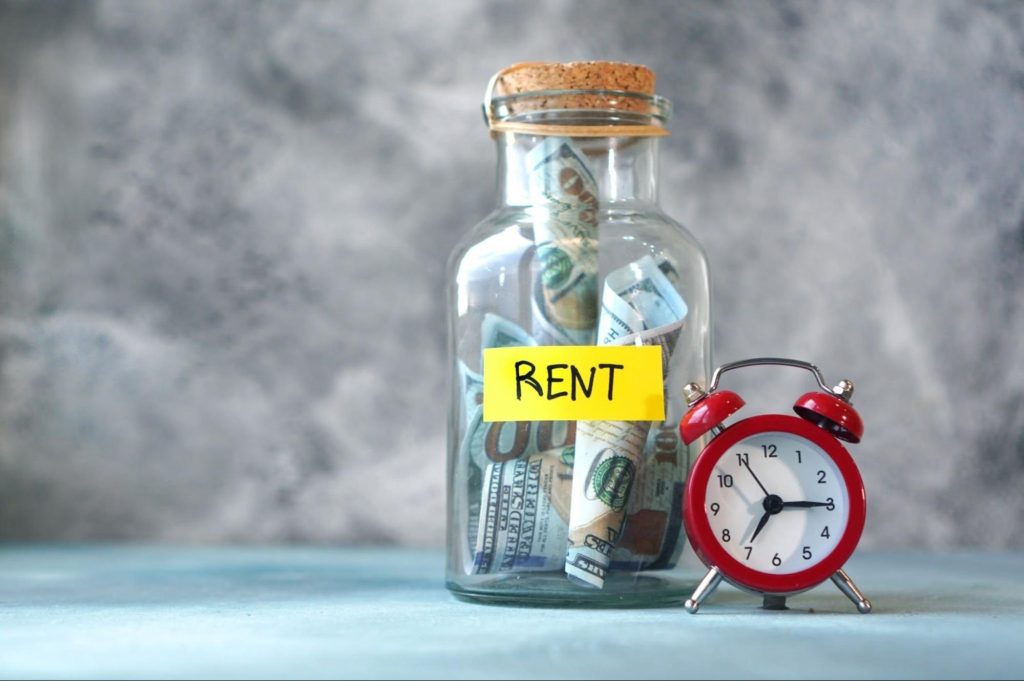Local (European-Specific) Content: Screening Prospective Tenants in Europe
Lesson Learning Objectives:
- Learn how to screen prospective tenants effectively by checking their credit history, employment status, Und rental references. This helps landlords choose tenants who are more likely to pay rent on time and take care of the property.
- Understand the legal rules around tenant screening in different European countries, especially those with strong tenant protections Und anti-discrimination laws. This ensures fair practices and helps avoid legal trouble.
- Discover the key parts of a lease agreement in Europe, such as the rental term, rent amount, security deposit, and the responsibilities of both landlord and tenant. A clear lease protects both sides and sets expectations.
- Learn how rent is collected and regulated in various European cities, including methods like bank transfers, systems for automated payments, and how rent control laws affect rent increases.
- Recognize common challenges like late rent payments, eviction difficulties, Und regional differences in laws. By understanding these, landlords can plan ahead and reduce risks.

14.1 Screening Prospective Tenants in Europe
Screening prospective tenants is a critical aspect of property management that ensures landlords select reliable tenants who will pay rent on time and take care of the property. In Europe, tenant screening involves checking an individual’s financial background, employment status, and rental history while adhering to specific country regulations concerning tenant rights and privacy laws.

How Tenant Screening Works in Europe
Tenant screening processes vary across Europe, with stricter regulations in countries such as Germany Und France, where tenant rights are strongly protected. Key steps in screening include:
- Credit and Financial Background Checks: In countries like Germany Und the U.K., property managers commonly request a credit check to assess a prospective tenant’s financial stability. This may include examining credit scores and reviewing payment histories. In some European markets, this information is easily accessible through centralized credit agencies.
- Employment Verification: Property managers request proof of income or employment to ensure tenants can afford the rent. In cities like London Und Amsterdam, tenants are typically expected to earn at least two to three times the monthly rent in order to qualify. Employment contracts or pay stubs are standard documents required for verification.
- Rental History and References: Checking a tenant’s rental history is important to assess their reliability. Property managers may ask for references from previous landlords, especially in cities like Madrid oder Paris, where long-term rental agreements are common. This step helps identify any past issues with payment delays or property damage.
Legal Considerations in Screening
In Europe, landlords must ensure they comply with anti-discrimination laws when screening tenants. Countries like France Und Germany have strict regulations that prevent landlords from discriminating against tenants based on race, religion, gender, or other protected characteristics.
Challenges in Europe
- Tenant Protection Laws: Countries like Sweden Und Germany have stringent tenant protection laws, making it difficult to deny prospective tenants based on financial concerns alone. Property managers must be careful to follow all legal requirements during the screening process.
- Limited Access to Credit Data: In some European countries, accessing a tenant’s financial background may be more challenging due to privacy laws or lack of centralized credit reporting systems. This makes employment verification and references even more important in these markets.
Figur: Tenant Screening Process
- Requiring a rental application: This should include information about the tenant’s employment, income, and rental history, as well as personal references.
- Durchführung einer Bonitätsprüfung: A credit check can help you determine if a tenant has a history of late payments or outstanding debts.
- Verifying income: This can involve requesting pay stubs or other documentation to ensure that the tenant can afford the rent.
- Miethistorie prüfen: Contacting previous landlords can help you determine if the tenant has a history of late payments, property damage, or evictions.
- Conducting a criminal background check: This can help you ensure that the tenant does not have a history of criminal activity that could put your property or other tenants at risk.
14.2 Lease Agreements and Rent Collection in Europe
Lease Agreements
Lease agreements in Europe are legally binding contracts that outline the terms and conditions of the rental arrangement between the landlord and tenant. Lease agreements must comply with local and national laws, and in some countries, like Spain Und Italy, leases are heavily regulated.
Key Components of a European Lease Agreement
- Term of Lease: In most European countries, lease agreements are offered for fixed terms (typically 12 months or longer). In France, long-term leases are common, and tenants have the right to renew unless the landlord has a valid reason to terminate.
- Rent and Deposit Terms: European lease agreements specify the monthly rent, due date, and the amount of the security deposit (often equivalent to 1-3 months’ rent). In cities like Berlin, rent increases during the lease period are tightly regulated by law.
- Tenant and Landlord Responsibilities: The lease outlines both parties’ responsibilities, such as property maintenance (usually the landlord’s duty) and adhering to house rules (usually the tenant’s duty). In Italy, landlords are responsible for major repairs, while tenants are responsible for minor maintenance.
Rent Collection
Rent collection in Europe varies based on local regulations and tenant protection laws. In some cities, such as Berlin oder Barcelona, rent control laws are in place, limiting the amount by which landlords can increase rent.
- Methods of Rent Collection: Rent is typically collected on a monthly basis, and in some countries, property managers use automated systems to facilitate payment. In the U.K. Und France, tenants often pay rent via bank transfers, with landlords or property managers tracking payments electronically.
- Rent Control and Increases: Rent control laws in cities like Paris Und Berlin restrict rent increases, especially for long-term tenants. Landlords must comply with legal frameworks, which often require formal notices and justification for rent hikes. Property managers ensure that rent increases are aligned with local regulations.
Challenges in Rent Collection
- Late Payments: Late rent payments can be a common issue in some European markets. In cities with strong tenant protections like Stockholm, landlords may face difficulties in enforcing timely payments without following lengthy legal procedures.
- Legal Protections for Tenants: European countries have robust legal protections for tenants, making it challenging for landlords to evict tenants for non-payment. For instance, in Germany, eviction is a complicated process that requires formal legal procedures, making it crucial for landlords to address issues before they escalate.
Figur: Lease Contract Template
Beschreibung:
This lease contract template outlines the critical elements of a rental agreement between a landlord and a tenant. The document is divided into sections, including Parties (landlord and tenant information), Property (address and description), Begriff (lease duration), Rent (payment details), and Security Deposit (amount, purpose, and return conditions). This template provides a standardized format to ensure clarity and agreement between both parties.
Die zentralen Thesen:
- Parties Section captures essential contact information for both landlord and tenant, ensuring communication clarity.
- Property Section provides space for the property’s address and details, specifying what is being leased.
- Term Section defines the lease duration, ensuring both parties agree on the rental period.
- Rent Section includes payment terms, such as monthly amount, due date, and payment method.
- Security Deposit Section outlines the deposit amount, its intended use, and the timeframe for its return after lease termination.
Application of Information:
This lease contract template is a valuable tool for landlords and tenants to formalize rental agreements, ensuring all critical terms are documented clearly. By using this template, landlords can protect their property rights while tenants gain a transparent understanding of their obligations. It also helps mitigate potential disputes, ensuring legal compliance and clarity.
Wichtige Unterrichtsinformationen:
- Screening tenants is one of the most important steps in property management. It involves reviewing credit, income, Und rental history to find tenants who are financially stable and responsible.
- Employment verification Und references from previous landlords are key tools to confirm that a tenant can afford the rent and has a good track record. This is especially important in cities where credit data is limited.
- Tenant rights laws in Europe—especially in places like Germany, France, and Sweden—require landlords to follow strict rules and avoid discrimination. Knowing these laws is essential for legal compliance during the screening process.
- Lease agreements outline important terms like rent amount, due dates, security deposits, Und who is responsible for repairs. In cities like Berlin or Paris, long-term leases and rent control laws often apply.
- Rent collection practices vary, but bank transfers Und automated systems are common. Property managers play a key role in tracking payments and ensuring rent increases follow the law.
Schlusserklärung:
Tenant screening, lease agreements, and rent collection are all connected steps that form the foundation of successful rental management. By following the right steps and respecting tenant rights, landlords can avoid costly issues and create positive rental experiences for everyone involved.





